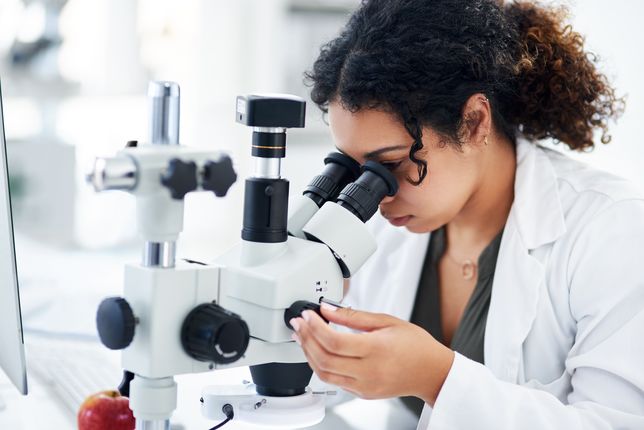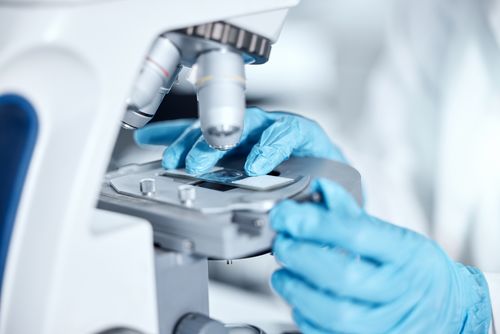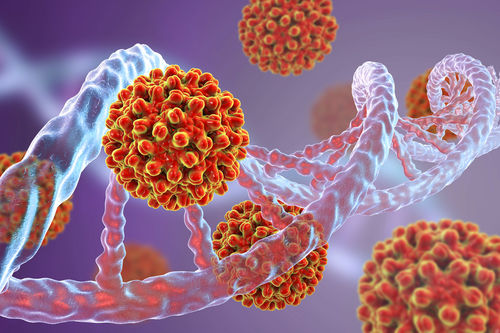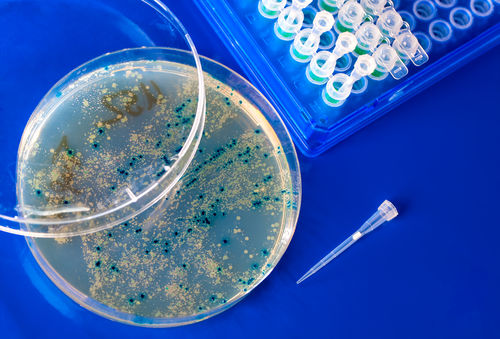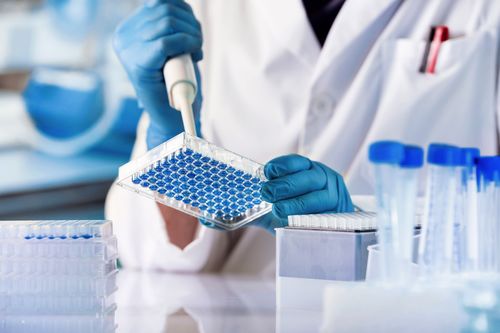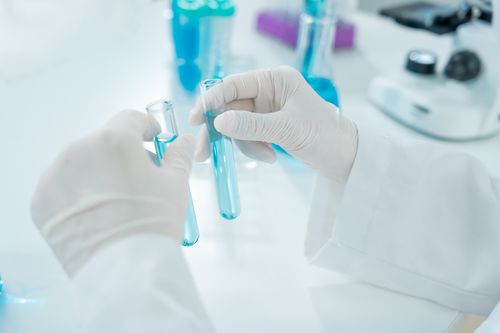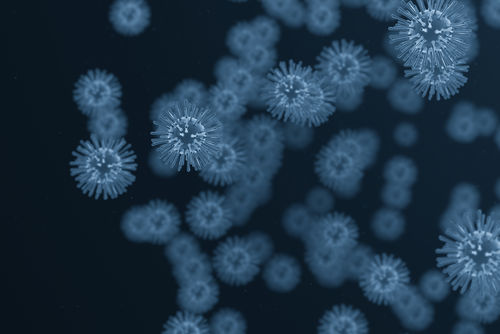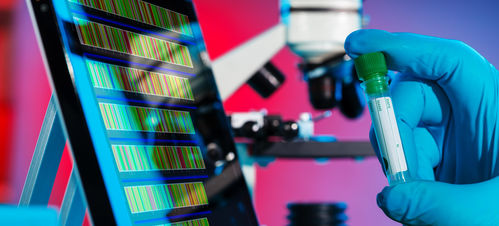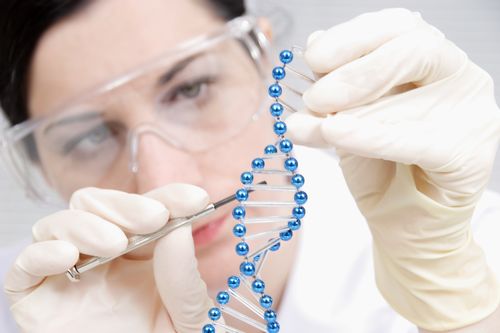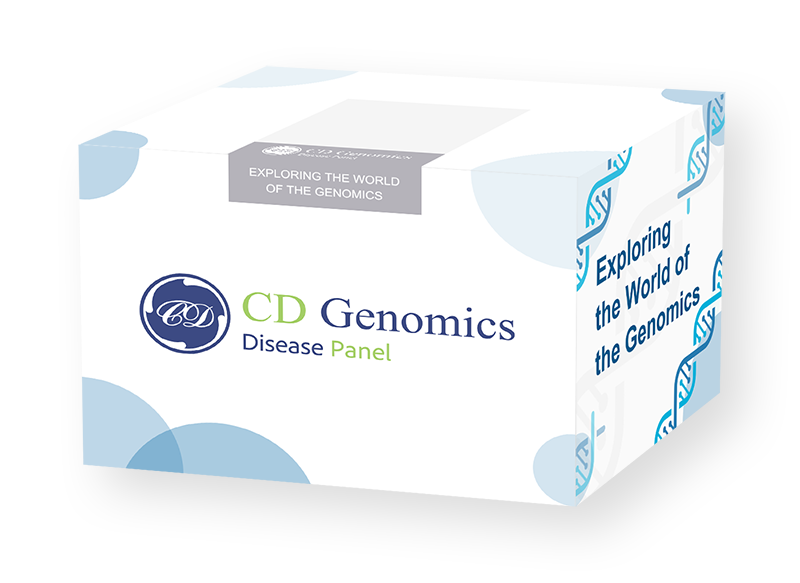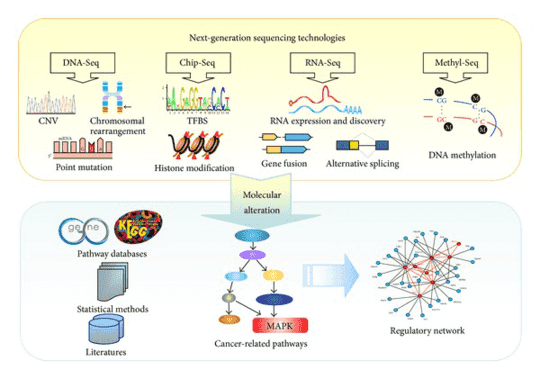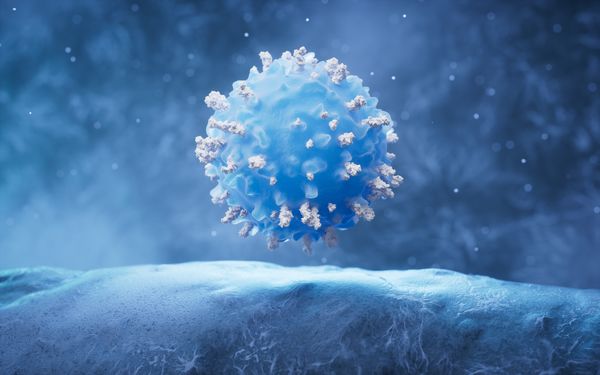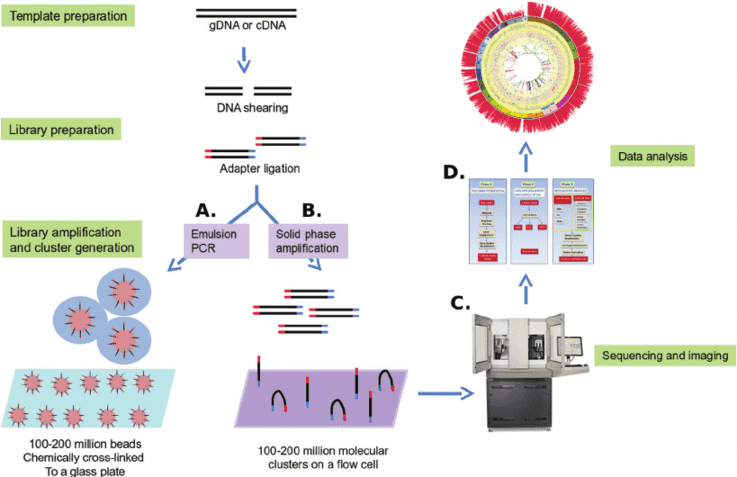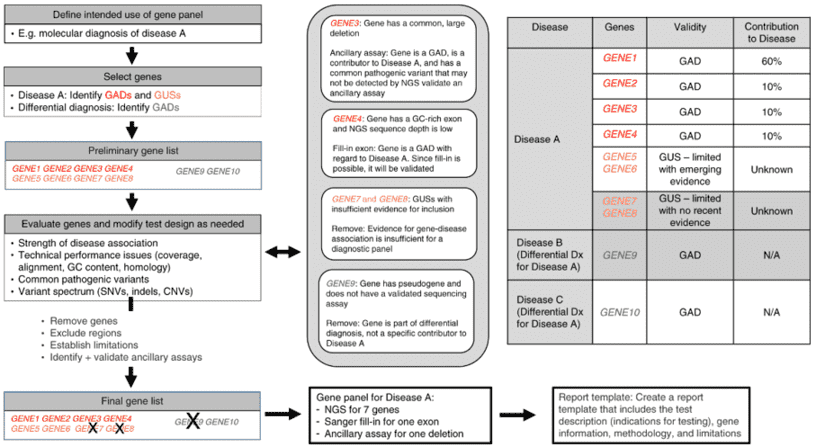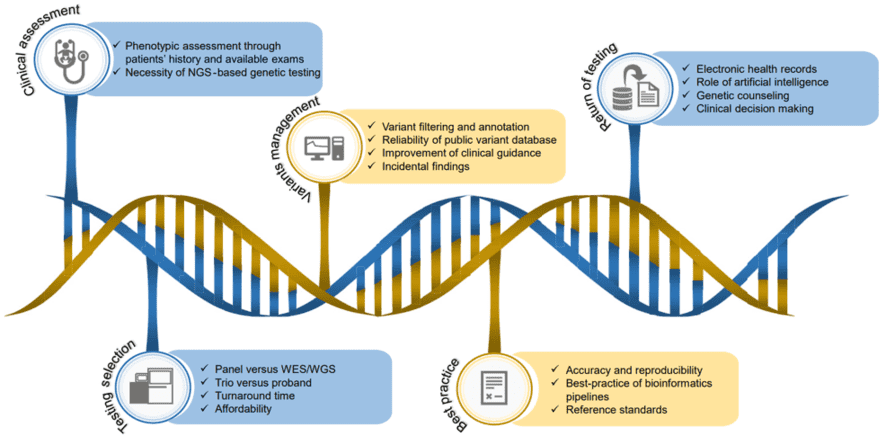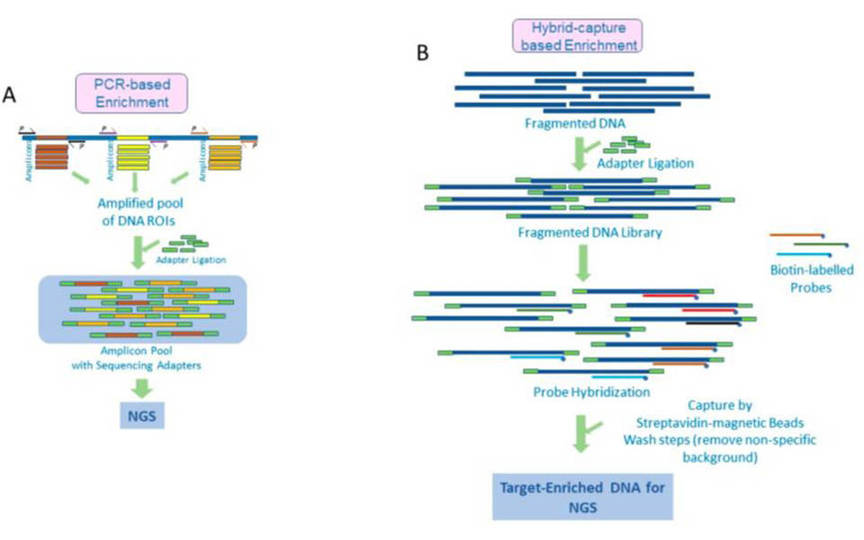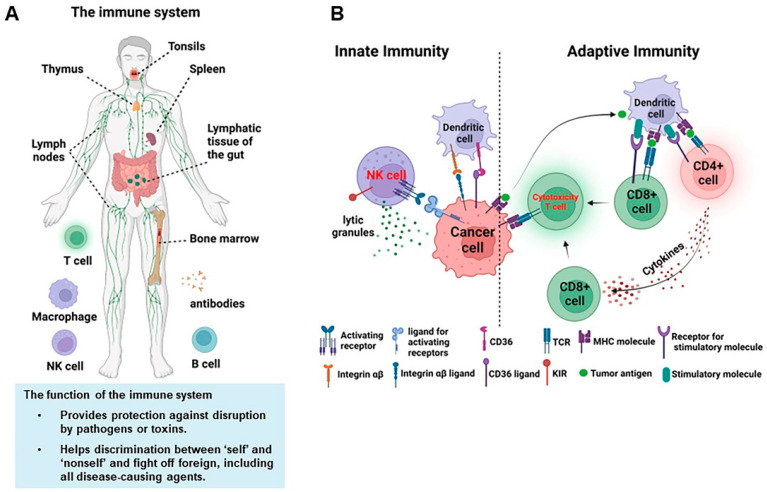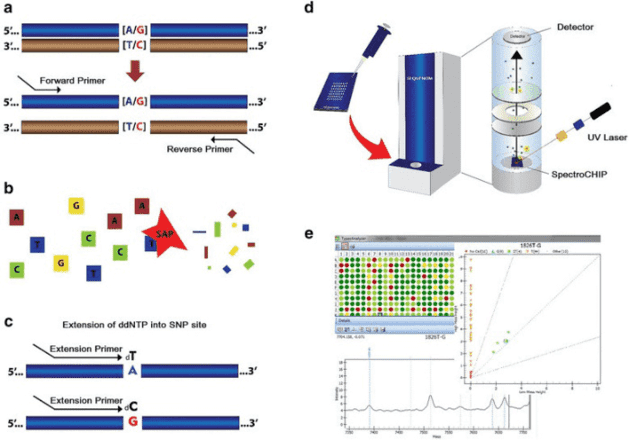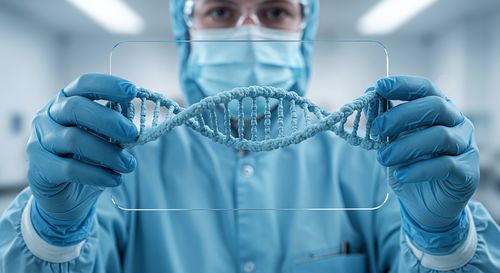Custom Cardiomyopathy and Skeletal Muscle Diseases Panel

What are cardiomyopathy and skeletal muscle diseases?
Cardiomyopathy and skeletal muscle diseases are a collective term for a group of diseases characterized by dysfunction of the heart and skeletal muscle. Clinically different types of cardiomyopathy and skeletal myopathy disease can be caused by a variety of factors. Skeletal muscle and myocardial dysfunction occur in Duchenne muscular dystrophy (DMD), Becker muscular dystrophy (BMD) and X-linked dilated cardiomyopathy. Myocardium is a subtype of striated muscle and is also affected in many muscular dystrophies. Mutations in dystrophin lead to progressive weakness and wasting of skeletal muscle and myocardium, and the structural integrity of skeletal muscle and cardiomyocytes is also significantly impaired during physical stress. In addition, a variety of organ disabilities, including loss of ambulation, physical immobilization, neuromuscular scoliosis, joint contracture, restrictive lung disease, obstructive sleep apnea and cardiomyopathy are also characteristic symptoms of such diseases.
Disease-related gene description
Titin, encoded by TTN, is a giant protein which is related to dilated cardiomyopathy and several forms of skeletal muscle disease. Some researchers have found that patients with a heterozygous TTN deletion family have a facial dysfunction, gait abnormalities and a rare skeletal muscle phenotype associated with dilated cardiomyopathy. Therefore, analysis of TTN mutations is of great significance for cardiomyopathy and skeletal muscle disease. In addition, research shows a recessive mutation in the TOR1AIP1 gene which encodes a lamellar-associated polypeptide 1 (LAP1) abnormality that causes muscle atrophy with cardiac function and dystonia. Membrane lipoprotein precursor (MLP) and cofilin 2 (CFL2) are important regulatory proteins of myocyte function. Researchers have shown that MLP binds directly to CFL2 in human myocardium and skeletal muscle. Its mutants directly cause serious human heart and skeletal muscle diseases. In addition to the genes mentioned above, genes including DAG1, FKTN and SGCA are also highly associated with such diseases.
Based on the latest research report, we have selected a variety of representative genes that are highly correlated with cardiomyopathy and skeletal muscle disease. You can select the genes you want to detect in the panel library or customize your exclusive panel. We offer specialized targeted sequencing technologies to detect low-frequency genetic variants.
Custom cardiomyopathy and skeletal muscle disease panel offers but are not limited to:
-
Amplicon sequencing by Illumina MiSeq system and Ion PGM system provides unparalleled coverage uniformity and delivers highly targeted resequencing so that we can detect low frequency cardiomyopathy and skeletal muscle disease variants.
-
Only sequencing the customizable cardiomyopathy and skeletal muscle disease panel suits your requirements, increases throughput and saves costs.
-
Strict quality control throughout the pipeline workflow ensures the validity and repeatability of the sequencing.
-
In order to obtain accurate results, each detected change in gene level will be further verified.
-
Custom panel content is based on the latest research in cardiomyopathy and skeletal muscle disease and covers all genes that may be relevant to it.
-
You can choose the panel content of interest from our customizable cardiomyopathy and skeletal muscle disease library or discuss your custom cardiomyopathy and skeletal muscle disease panel requirements, then we can provide you with a personalized panel.
Choose the genes that suit you from the cardiomyopathy and skeletal muscle diseases gene list
| ABCC9 |
ACTA1 |
ACTN2 |
AGL |
ANO5 |
| ATP2A1 |
B3GALNT2 |
B4GAT1 |
BIN1 |
CACNA1C |
| CAV3 |
CCDC78 |
CFL2 |
CHKB |
CNTN1 |
| COL12A1 |
COL6A1 |
CPT2 |
CRYAB |
CSRP3 |
| DAG1 |
DES |
DMD |
DNAJB6 |
DNM2 |
| DOLK |
DPM1 |
DPM2 |
DSC2 |
DSG2 |
| DSP |
EMD |
FKBP14 |
FKTN |
GAA |
| GMPPB |
HCN4 |
ISPD |
JUP |
KLHL40 |
| LAMA2 |
LMOD3 |
MLP |
NEB |
PLN |
| POMK |
RAF1 |
RYR1 |
RYR2 |
STAC3 |
| SGCA |
STIM1 |
TOR1AIP1 |
TTN |
|
Specimen requirements of our custom cardiomyopathy and skeletal muscle disease panel
- Specimen: blood, saliva or extracted DNA.
- Volume: 3 mL blood, 2 mL saliva and 3ug DNA.
- Collection: blood is collected by routine blood collection and saliva is collected by saliva collection kits (kits are available upon request). DNA samples are stored in TE buffer or equivalent.
- Container: lavender-top (EDTA) tube or yellow-top (ACD) tube.
- Storage/transport temperature: room temperature.
Gene panel workflow

For more information about the Custom Cardiomyopathy and Skeletal Muscle Disease Panel or need other amplification requirements, please contact us.
References:
- Roggenbuck J, et al. A novel TTN deletion in a family with skeletal myopathy, facial weakness, and dilated cardiomyopathy. Molecular genetics & genomic medicine, 2019: e924.
- Garry D J. Dystrophin-deficient cardiomyopathy. Journal of the American College of Cardiology, 2016, 67(21): 2533-2546.
- Tsuda T. Clinical manifestations and overall management strategies for Duchenne muscular dystrophy[M]//Duchenne Muscular Dystrophy. Humana Press, New York, NY, 2018: 19-28.
- Wada E, et al. Deficiency of emerin contributes differently to the pathogenesis of skeletal and cardiac muscles in LmnaH222P/H222P mutant mice. PloS one, 2019, 14(8): e0221512.
* For research purposes only, not intended for clinical diagnosis, treatment, or individual health assessments.
Related Services
Related Products
Related Resources


